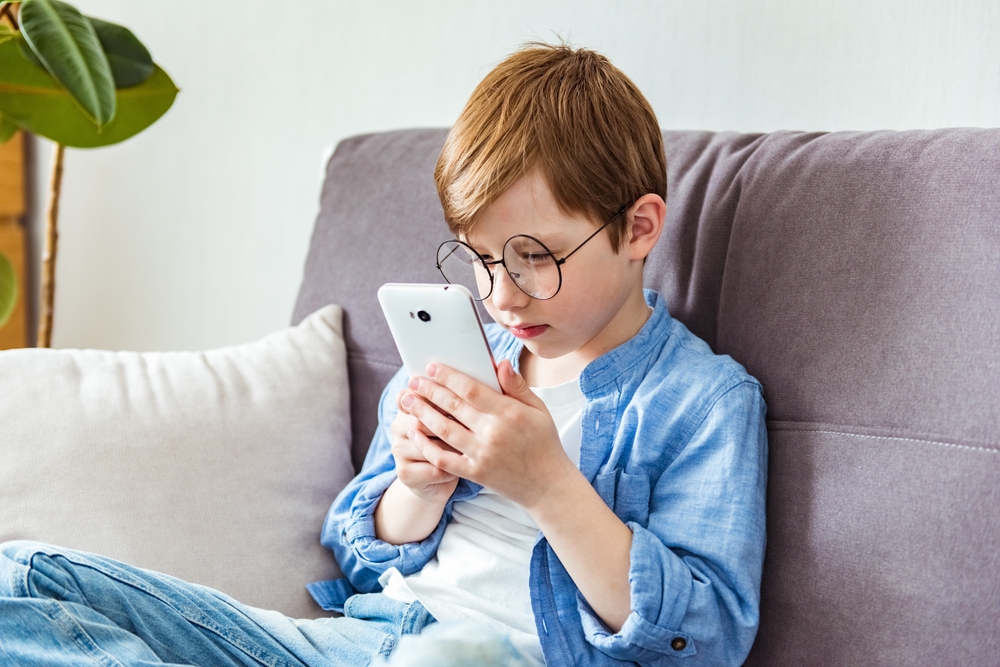
Myopia is a prevalent vision condition in children. It is characterized by the ability to see objects clearly up close but not from a distance. It's important to understand that while myopia in itself may seem like a minor inconvenience, it can actually lead to serious eye health issues later in life if not managed properly. Therefore, controlling myopia in children should be a priority.
The Importance of Optimal Vision for Children
Optimal vision is crucial for a child's overall development and learning. It affects their academic performance, social interactions, and even their physical activities. Children with uncorrected vision problems can experience difficulties in reading, writing, and even simple tasks like recognizing faces or catching a ball.
Children who struggle with vision problems often show signs of frustration or a lack of interest in school. They may avoid reading or other close-up activities. Over time, these difficulties can lead to a decline in academic performance and self-esteem. For children, the world is a vast canvas of learning, and having a clear vision is a vital tool for exploring it.
Signs and Symptoms of Myopia
As a parent, it's essential to know the signs and symptoms of myopia in your child. Early detection can lead to more effective treatment and control of the condition. Common signs of myopia in children include frequent squinting, excessive blinking, or rubbing of the eyes. Children may also complain about not being able to see the board at school or having difficulty seeing distant objects.
Other symptoms may be less obvious, but they are equally important to note. These include headaches, eye strain, and fatigue, especially after prolonged periods of reading or other close-up work. Your child may also show a lack of interest in outdoor activities or games that require good distance vision.
The Importance of Early Detection of Myopia
Early detection allows for immediate intervention, which can slow down the progression of myopia and reduce the risk of future complications.
Children's eyes are still developing, making them more responsive to treatment. By detecting myopia early, treatments can be started sooner, and lifestyle changes can be implemented that help control the progression of myopia.
Early detection of myopia can significantly affect a child's academic performance and overall quality of life. By correcting their vision, children can fully engage in their learning and social activities, boosting their confidence and self-esteem.
When Should Parents Seek Professional Guidance for Myopia Control?
As a parent, you may be wondering when the right time is to seek professional guidance for myopia control. The answer is as soon as you notice any signs of vision problems in your child or if there's a history of myopia in your family.
Regular eye exams are essential for all children, even those who don't show any signs of vision problems. However, if your child is showing symptoms of myopia, it's crucial to consult an optometrist as soon as possible. They can accurately diagnose the condition and discuss the best management options for your child.
An optometrist plays a crucial role in myopia control. They are trained to diagnose and manage vision problems, including myopia. An optometrist will conduct a comprehensive eye exam to determine whether your child has myopia. This includes measuring your child's visual acuity and refraction and examining the health of your child's eyes. If your child is diagnosed with myopia, an optometrist will discuss the best management options for your child.
Myopia Management Methods for Children
There are several effective myopia-management methods for children. Prescription glasses or contact lenses are the most common treatments. They correct the refractive error, allowing your child to see clearly at a distance. However, they do not slow down the progression of myopia.
Orthokeratology, or Ortho-K, is a non-surgical treatment that involves wearing specially designed contact lenses overnight. These lenses reshape the cornea, allowing for clear vision during the day. Studies have shown that Ortho-K can slow down the progression of myopia in children.
Atropine eye drops have also been used for myopia control. Low-dose atropine has been found to slow down the progression of myopia without significant side effects. However, it's important to note that myopia management is not one-size-fits-all. The best management method depends on your child's age, degree of myopia, and lifestyle.
Protect Your Child's Vision and Ensure their Bright Future
Myopia control in children is an important concern that parents need to be aware of. Understanding the signs and symptoms of myopia, the importance of early detection, and knowing when to seek professional guidance are key to ensuring your child's vision health. An optometrist can provide invaluable advice and treatment options for myopia control. With the right myopia management methods, we can protect our children's vision and ensure their bright future.
For more information on myopia control for children, visit Alameda Eyes Optometry in our Alameda, California, office. Call (510) 769-2020 to schedule an appointment today.





